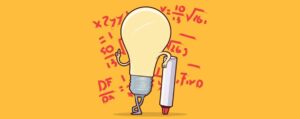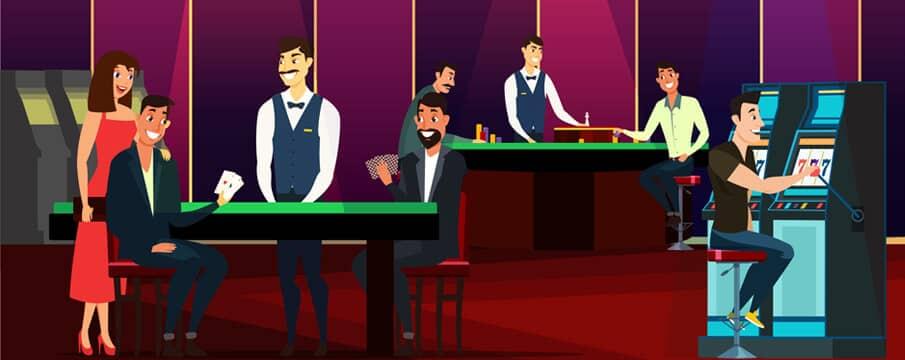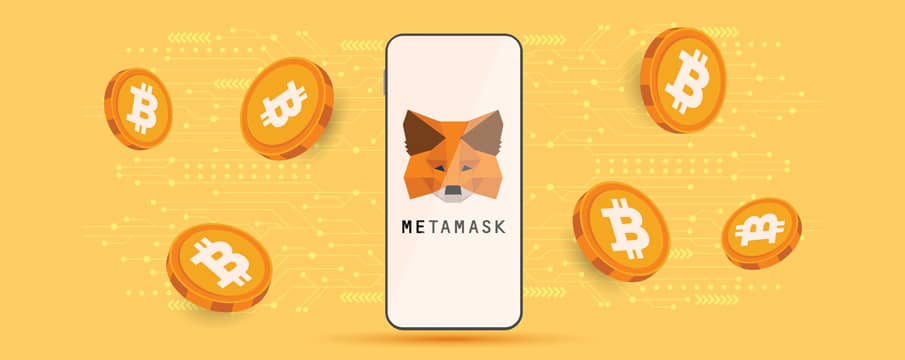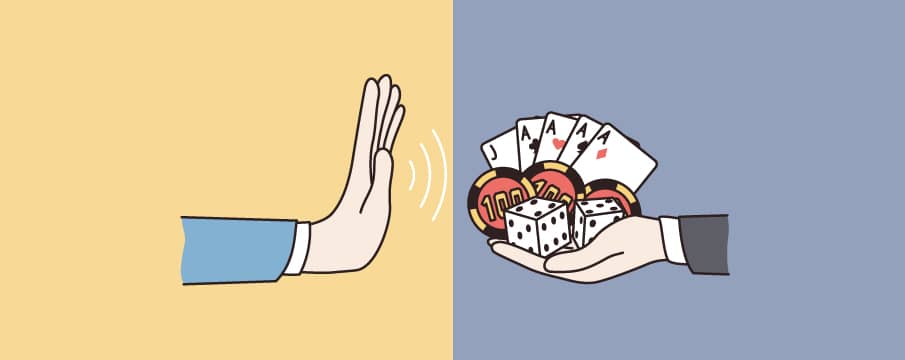- Home
- How Does the Law of Large Numbers Apply to Gambling Casinos?
How Does the Law of Large Numbers Apply to Gambling Casinos?
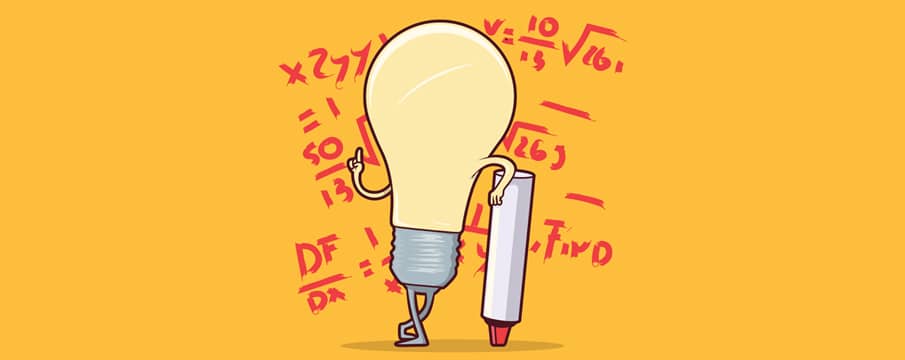
From the Random Number Generator (RNG) to disproving the Gambler’s Fallacy, the law of large numbers has numerous applications for casino gaming today. Whether you are a business running an esteemed facility or a keen player with mixed feelings about maths looking for an edge during your next casino session, large numbers have something to offer.
Yet, the question remains: how does the law of large numbers apply to gambling in casinos? Basically, the law can tell you what to realistically expect from your bets with each card dealt, every spin of the slot, or the roulette wheel.
Theoretical returns are always available in casinos, but they are calculated over thousands of outcomes, and you should understand that these returns are advertised as “average.” There are a few more things to understand about expected value first, though. Here is how it works and why knowing a bit more about probability theory is always handy.
What Is the Law of Large Numbers and Why It Matters in Casinos
The law of large numbers is easy to understand. Without going into math theory, we will simply explain this law as a way to determine an expected and probable outcome of a random event. There are many examples of what makes a random outcome, whether you flip a coin, roll a dice or even play roulette. These are just some of the examples.
Yet, in each case, the law of large numbers applies as it tells you that the more you try, the closer you come to the expected probable outcome. In other words, you have a 50% chance to end Heads or Tails off a coin toss. However, if you flipped a coin 10 times, the results may end up favoring one side more so than the other.
Come on, try it right now. However, the law of large numbers also proves mathematically that if you were to toss that same coin 10,000 times, you would be very close to the 50% inherently probable outcome. Forearmed with this knowledge, it’s now time to explore some of the potential applications during your next casino session!
One very important thing to remember is that no matter what the present result, it would have no bearing on the next one. Every result is independent of each other. You may flip a coin and get heads ten times in a row, even though the chances of that happening are slim.
How Does the Law of Large Number Apply to Gambling?
As you can imagine, having a theory that can predict the outcome of a game is a powerful piece of knowledge. Yet, the applications of this theory have to be carefully considered. When you take a standard roulette wheel, either French or European, you have 37 pockets of which 18 are red and 18 are black, with a single zero.
This gives the Red/Black bets a 48.65% chance of winning. Similar to the coin parallel, spinning the wheel 10 times would not necessarily produce a successful outcome in 48.65% of the cases. On the contrary, the results will most likely vary. The more you play, the closer you will come to the advertised RTP.
However, this is where we hit another snag. If the payout percentage is 97% of what we stake, why play at all? This means that even forearmed with the knowledge of probability and expectation, we are still at a disadvantage. The statement holds true, but there is one thing to account for, the short and mid-terms.
Anything can happen when you gamble, and while the law of large numbers applies to predicting outcomes over tens of thousands of attempts, the short-term odds can sway either way.
This is precisely why some players get lucky and win. However, in games of chance, there can be no way to predict the outcome of the next spin or bet, but only minimize the risk by being aware of the underlying immutable challenges. This is why you should have your eye on the long-term instead. There are many good examples to prove just that.
So, What Do Large Numbers Mean for Your Gaming Session?
Considering everything above, it’s time to draw some conclusions about what you can expect from the law of large numbers and its application to gambling in casinos. To make sure that the key points stick with you, we have decided to summarize everything so far:
- The law applies to large samples: As its name suggests, the law of large numbers is only true when extended over thousands of attempts and often more than 10,000, that is an adequate sample size.
- Expect the unexpected: The short and mid-term results will always vary and they would not be bound by the expected probability.
- Results are independent: You should not base your expectations on what the past several results were. Each spin of the roulette wheel or slot reels is independent of the previous ones.
That is a good time to remind ourselves how some gambling myths and the notorious gambling fallacy gets in the way of having fun and enjoying our gaming sessions.
Let’s take a look at what some popular gambling mistakes are and how we can avoid them, leaving bias and predetermination out of that and acknowledging true randomness for what it is as gambling always boil down to that.
Gambler’s Fallacy: The Mistakes We Make
Armed with a deeper knowledge and understanding of casino products, we still tend to slip here and there, caving into bias, faulty syllogisms, or superstition. Even though we know for a fact that you can hardly influence a game of chance, we still try to see reason and logic where there is none.
This has led to a number of common gambling mistakes that not only misinterpret the expected value but even make it so that the final amount ends up way wide of the mark. If there is one thing the law teaches us, that is you cannot beat probability, no matter what advantage you think you have perceived.
Faulty Syllogisms
Faulty syllogisms can definitely interfere with your success rate. The way a faulty syllogism works is treacherous as this form of reasoning draws motivation from two given or assumed propositions, which when put together, though, do not necessarily make a true statement.
An example of a faulty syllogism would be “Dogs are animals. All dogs have four legs. Therefore all animals have four legs, too.” The same pretty much applies to gambling. You have hit three winning bets in a row. This has happened previously so therefore your next roll can be predicted based on past experience. It cannot.
Remember the law of large numbers? Each result is independent and therefore unrelated to the previous ones.
Confirmation Bias
Seeing truths where there are none is a dangerous mental habit and one that you should do your best to try and shake off. Confirmation bias is basically drawing conclusions based on random facts and seeking evidence where there is none. Sometimes, you may be tempted to find proof of something that simply cannot be the case because the numbers just don’t add up. Worse, there is no way to add them up!
When a player is convinced that an outcome is going to happen just because they have “seen the evidence,” this often leads to somewhat unpleasant exchanges at a casino table. There are accusations flying around, arguing that a roulette wheel is stilted or that a dice is unfair.
It’s human nature to be biased and to seek the best possible outcome for ourselves even though there is no evidence to back it up. So, if you catch yourself acting a little irrationally, don’t beat yourself up and chalk it up to plain ol’ human nature. Thankfully, you have the law of large numbers to set you straight.
Don’t Trust Predetermination
This is basically a summation of the previous two points. People, who know that something is not there, give themselves a reason to believe it is. Predetermination is the conviction that no matter what you do, an event is going to happen. Now, apply this to life and you get a fairly interesting philosophical debate. Bring this to a casino table and you are asking for trouble.
Predetermination may as well exist, but just because you have hit a few Even/Odd bets in a row, this doesn’t mean you know what the next outcome of an event would be. Remember the law of large numbers, it’s all random events and we have no control over them other than to know how this randomness makes sense.
An Outcome Hasn’t Occurred – It’s Not Any More Likely To
In light of what we have learned about the law of large numbers, and its applications to a casino, we should also consider some tempting fallacies that players may be misled to believe in. One of those is the so-called law of small numbers.
You may be thinking, just before an outcome hasn’t occurred, it’s increasingly likely to occur. That is not true at all and you already know why. That’s correct – the law of large numbers tells us that each outcome is independent of the previous one.
Granted if you were to play the necessary number of times, you would produce the expected result, but who has the time? So, don’t pin your hopes on “I haven’t seen this outcome recently, so that must be it.” No, there is absolutely no evidence to support this.
Conclusion
If you are keen on winning your next gaming session, you will have to free yourself of all prejudice. It’s just the way it all works. Your only ally is not the ability to supernaturally predict events before they have happened but rather the quality to recognize mathematical probability for what it is and act on it.
Try to recognize games of chances for what they are, keep reminding yourself of the facts, and don’t blame yourself if you fall victim to the occasional gambler’s fallacy. It happens to the best of us.
Mike made his mark on the industry at a young age as a consultant to companies that would grow to become regulators. Now he dedicates his weekdays to his new project a the lead editor of GamblingNews.com, aiming to educate the masses on the latest developments in the gambling circuit.

